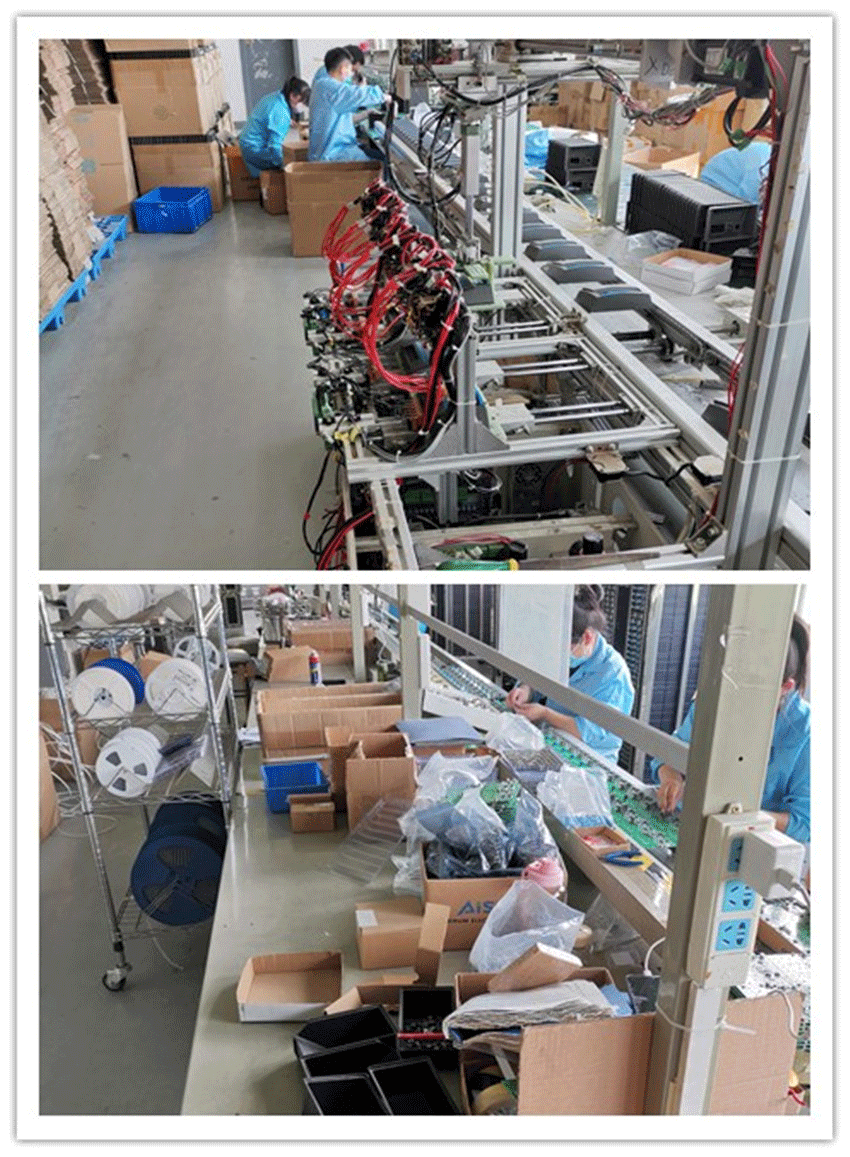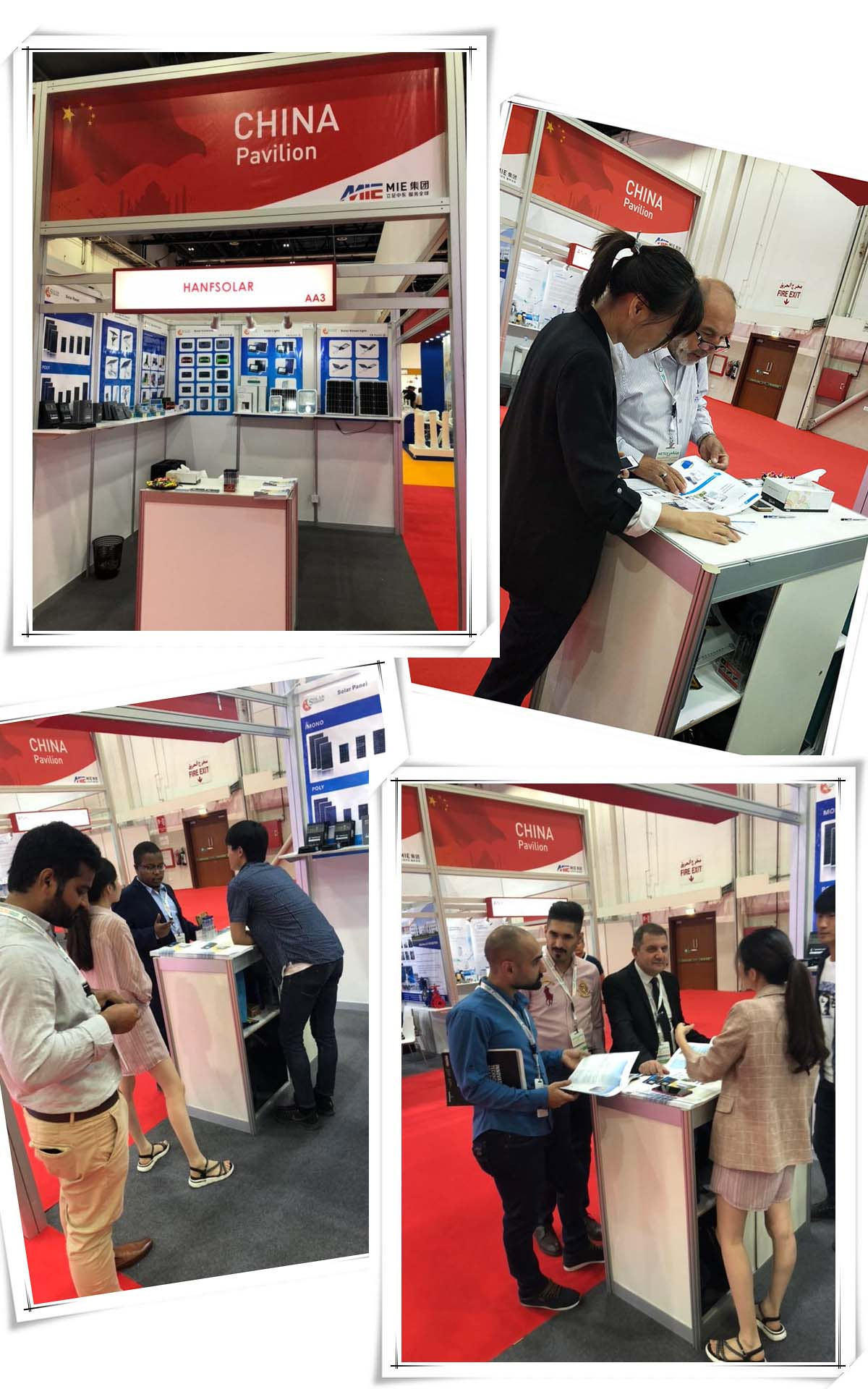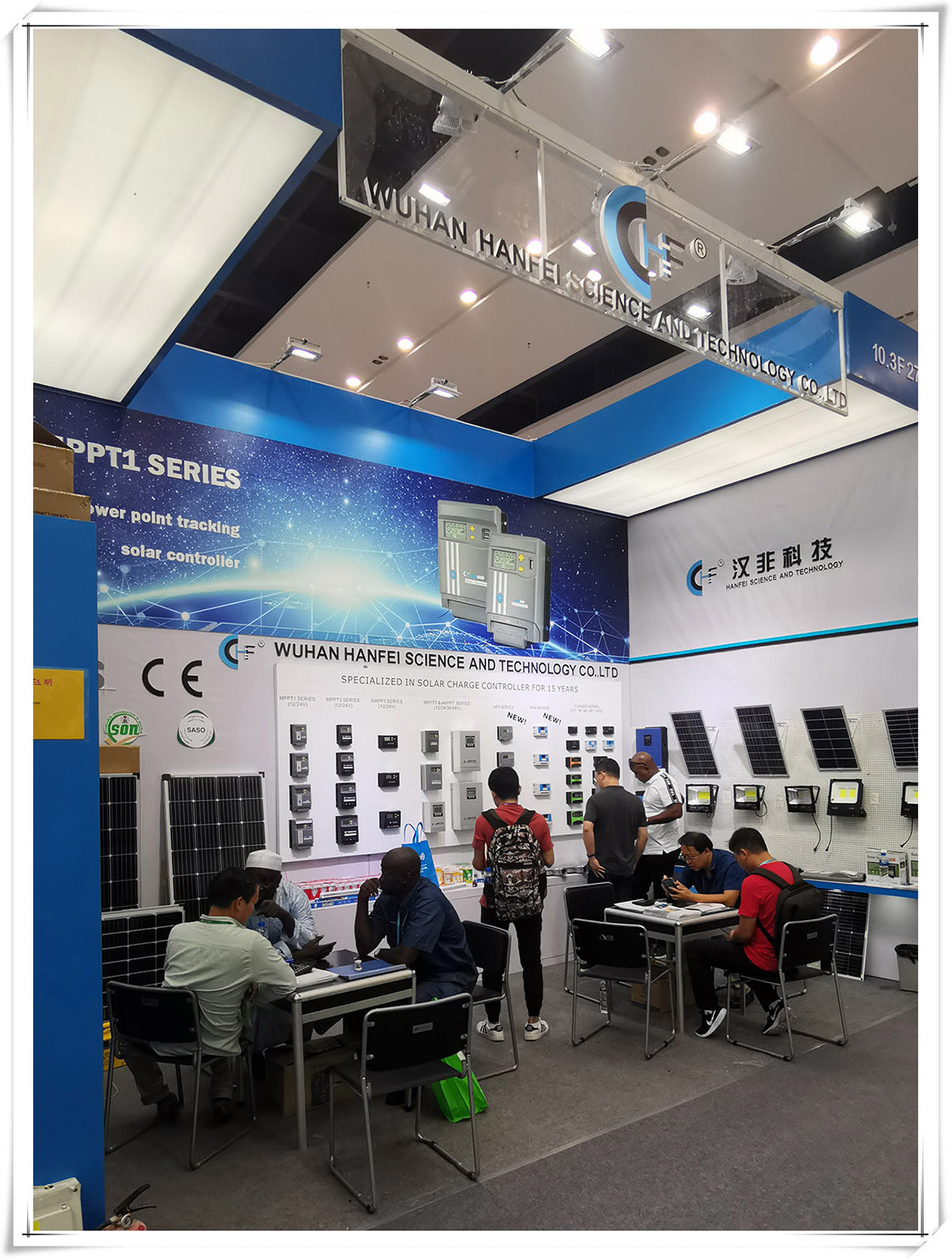News and Information

Understanding PWM Charge Controllers in Solar Chargers
Release date:
2023-09-19 09:04
Source:
Introduction:
In the realm of electrical engineering, particularly in the field of batteries, battery chargers, and solar-powered devices, PWM charge controllers play a crucial role. This article will delve into the concept of PWM charge controllers and shed light on their significance in the solar charger industry.
What is a PWM Charge Controller?
A PWM (Pulse Width Modulation) charge controller is an electronic device that regulates the charging and discharging of batteries in solar-powered systems. Its primary function is to maintain the battery voltage at an optimal level, ensuring efficient charging and preventing overcharging or deep discharge.
How does a PWM Charge Controller work?
When solar panels generate electricity, they produce a varying voltage. The PWM charge controller acts as an intermediary between the solar panels and the batteries, controlling the flow of current to ensure safe and efficient charging. It achieves this by rapidly switching the solar panel output between the battery and itself.
The Pulse Width Modulation Technique:
The name "Pulse Width Modulation" originates from the controller's technique of rapidly switching the solar panel output on and off. By adjusting the width of these pulses, the controller regulates the average voltage supplied to the battery. This technique enables the charge controller to maintain a stable battery voltage by adjusting the duty cycle of the pulses.
Advantages of PWM Charge Controllers:
1. Cost-Effective: PWM charge controllers are relatively affordable compared to other types of charge controllers, making them a popular choice in the solar charger industry.
2. Efficient Charging: These controllers provide a more efficient charging process by reducing energy loss during charge regulation.
3. Battery Protection: PWM charge controllers help prevent overcharging, deep discharge, and excessive voltage fluctuations, extending the battery's lifespan.
4. Compatibility: They are compatible with various battery types, including lead-acid and lithium-ion batteries, making them versatile in solar charger applications.
Conclusion:
In the realm of solar charging systems, PWM charge controllers are vital components that ensure the efficient and safe charging of batteries. By utilizing pulse width modulation techniques, these controllers regulate the flow of current, protect batteries, and optimize charging efficiency. Understanding the role of PWM charge controllers is crucial for professionals in the electrical and electronic industry, allowing them to design and implement effective solar charging solutions.
In the realm of electrical engineering, particularly in the field of batteries, battery chargers, and solar-powered devices, PWM charge controllers play a crucial role. This article will delve into the concept of PWM charge controllers and shed light on their significance in the solar charger industry.
What is a PWM Charge Controller?
A PWM (Pulse Width Modulation) charge controller is an electronic device that regulates the charging and discharging of batteries in solar-powered systems. Its primary function is to maintain the battery voltage at an optimal level, ensuring efficient charging and preventing overcharging or deep discharge.
How does a PWM Charge Controller work?
When solar panels generate electricity, they produce a varying voltage. The PWM charge controller acts as an intermediary between the solar panels and the batteries, controlling the flow of current to ensure safe and efficient charging. It achieves this by rapidly switching the solar panel output between the battery and itself.
The Pulse Width Modulation Technique:
The name "Pulse Width Modulation" originates from the controller's technique of rapidly switching the solar panel output on and off. By adjusting the width of these pulses, the controller regulates the average voltage supplied to the battery. This technique enables the charge controller to maintain a stable battery voltage by adjusting the duty cycle of the pulses.
Advantages of PWM Charge Controllers:
1. Cost-Effective: PWM charge controllers are relatively affordable compared to other types of charge controllers, making them a popular choice in the solar charger industry.
2. Efficient Charging: These controllers provide a more efficient charging process by reducing energy loss during charge regulation.
3. Battery Protection: PWM charge controllers help prevent overcharging, deep discharge, and excessive voltage fluctuations, extending the battery's lifespan.
4. Compatibility: They are compatible with various battery types, including lead-acid and lithium-ion batteries, making them versatile in solar charger applications.
Conclusion:
In the realm of solar charging systems, PWM charge controllers are vital components that ensure the efficient and safe charging of batteries. By utilizing pulse width modulation techniques, these controllers regulate the flow of current, protect batteries, and optimize charging efficiency. Understanding the role of PWM charge controllers is crucial for professionals in the electrical and electronic industry, allowing them to design and implement effective solar charging solutions.
Recommended News
RECOMMEND NEWS
Wuhan Hanfei Technology Co., Ltd. has started! ! !
2025-09-17
On April 8, 2020, Wuhan City completely lifted the ban, and our Wuhan Hanfei also resumed production. Now welcome new and old customers to consult.
Hanfei Technology participated in the 2019 Dubai Exhibition
2025-09-17
Hanfei Technology participated in the 2019 Dubai Exhibition
Hanfei Technology is waiting for you at the 126th Canton Fair
2025-09-17
The 126th Canton Fair was held from October 15th to May 5th in Guangzhou Pazhou Complex.






